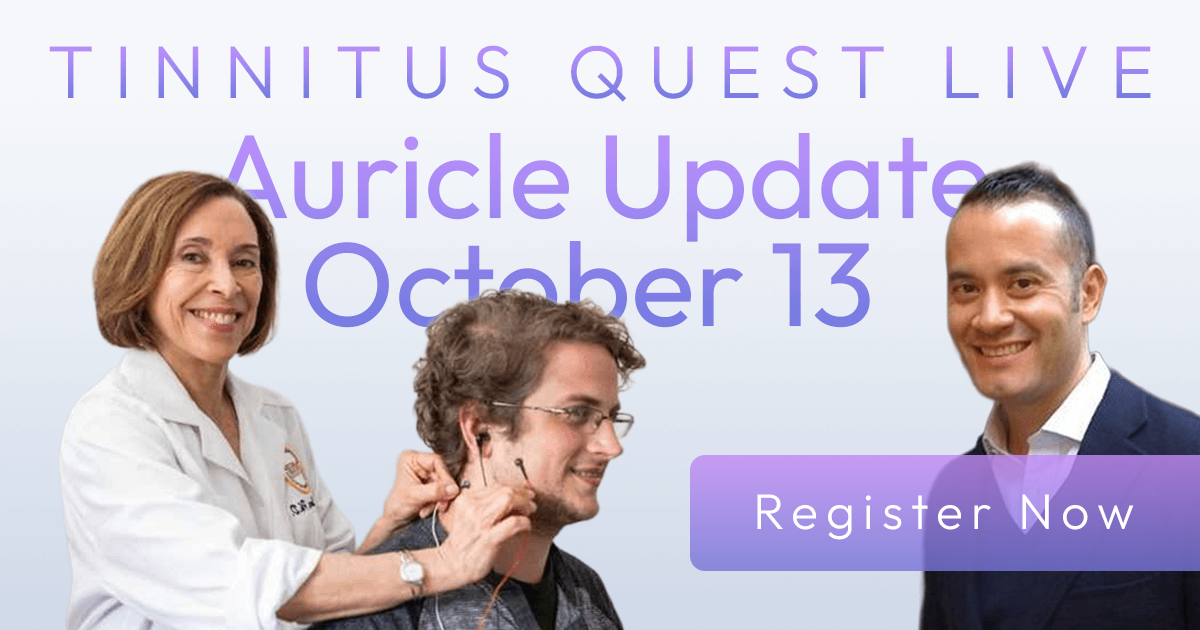- Jan 16, 2020
- 616
- Tinnitus Since
- 1992
- Cause of Tinnitus
- noise? infection? negative stress? other?
Well, it's nice to have someone who can translate things down to my level.From what I understand, the DCN (dorsal cochlear nucleus, a region of the brainstem targeted by the University of Michigan device) acts as a relay. It receives information from the cochlea (hair cells and related structures) as well as somatosensory input from the trigeminal system (teeth, jaw) and the cervical system (neck). When these non-cochlear regions send large amounts of data, they can excite the DCN, which may create or intensify the tinnitus percept. This is still somewhat theoretical, but it seems to be a well-supported model.
In simple terms, using the neck as a pathway (for example, by sending electrical signals through it to the DCN) provides another way of reaching the area where tinnitus from hearing loss is generated. This approach may help with tinnitus caused mainly by either hearing loss or TMJ and neck problems, since both types of input converge on the same region of the brain. This is why the trials for the University of Michigan device focused on people with somatic tinnitus. That does not mean people whose tinnitus is caused solely by TMJ or neck problems, but rather those who can influence their tinnitus through movements or input from the jaw, neck, or related areas. Otherwise, a person might not benefit from the device at all, or at least not as much as someone who can demonstrate a clear connection between somatic input and their tinnitus.
Please note that I am not a scientist. I am, in fact, the least qualified person I know. So take this with a grain of salt.
I spend a lot of time wondering what caused the latest spike. Most of the time, I would put it down to some noise event. Another plausible explanation is my poor sleep pattern. I can fall asleep pretty easily, but I tend to wake up in the early hours of the morning, around 5:00. From then on, it's usually a mix of the radio, the sound machine, and drifting in and out of light sleep until it's time for breakfast.
Oddly enough, if I do manage to sleep for another hour, say from 8:00 to 9:00, once I wake up my tinnitus often spikes.
Another explanation I sometimes consider is garlic or herbs in a roast chicken for dinner, but that's easy enough to avoid.
To explain my most recent spike, I focused on the support page where one sufferer mentioned that his tinnitus started from "dead-weight lifting." You know, lifting weights in the gym. That seems like a handy explanation and matches up somewhat with my own experience. I suppose, at a stretch, it could tie in with your theory, especially regarding the neck or the back.

 Member
Member Founder
Founder